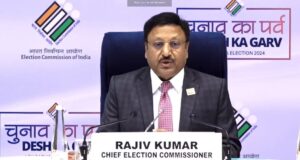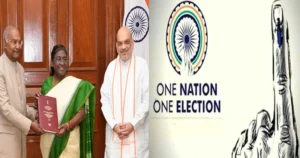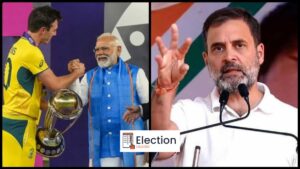Table of Contents
ToggleIntroduction
Rajasthan Chief Minister Ashok Gehlot recently shared his thoughts on the BJP’s strategy for the state’s impending elections. Gehlot claims that the BJP is employing an aggressive campaign strategy and is waging a struggle in Rajasthan that is evocative of the 2018 Legislative Assembly elections. He claimed that because they were unable to overthrow the current government the BJP had turned to this strategy. This article examines Ashok Gehlot remarks their background and their wider ramifications for Rajasthan’s political climate.
BJP’s Aggressive Posture: A Familiar Strategy
Chief Minister Ashok Gehlot‘s remarks point to the BJP’s decision to employ an assertive and forceful strategy in the upcoming Elections In Rajasthan. The phrase poor dhawa bol rakha hai translated as a full-fledged attack indicates the intensity with which the BJP is approaching the electoral battle.
Echoes of the 2018 Legislative Assembly Elections
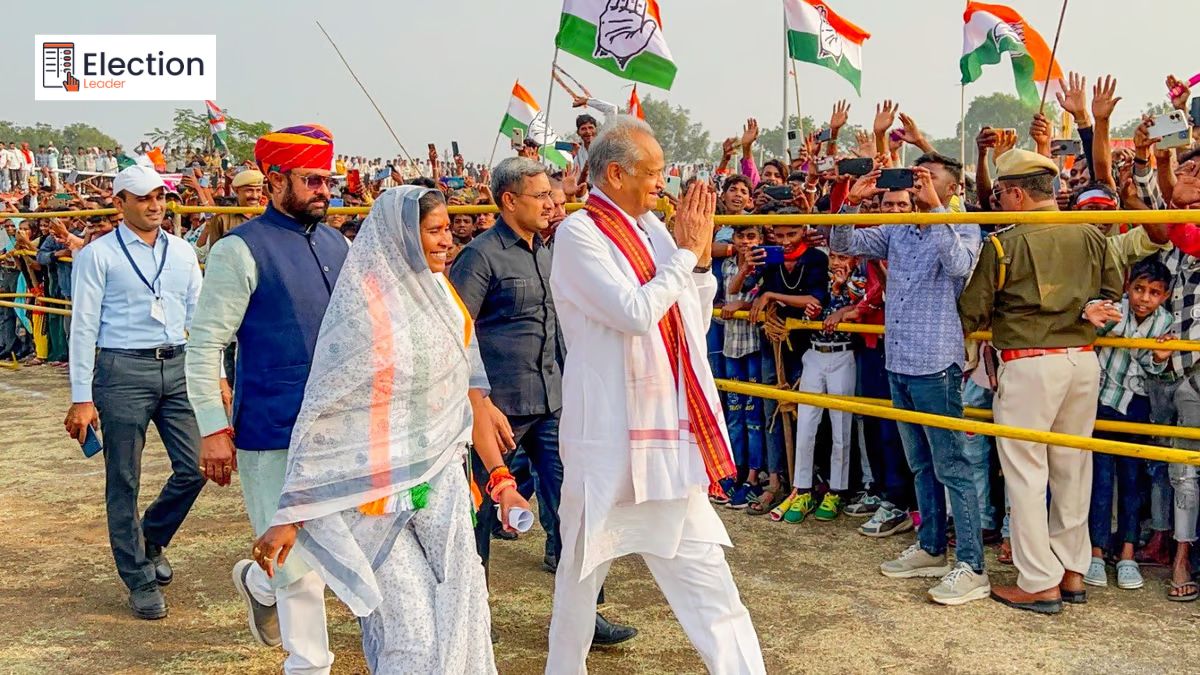
Ashok Gehlot draws a parallel between the current situation and the 2018 Legislative Assembly elections in Rajasthan where the Congress secured a victory and formed the government. The Bharatiya Janata Party current approach, according to Gehlot mirrors the style they adopted during those elections, suggesting a sense of familiarity in their strategy.
BJP’s Unsuccessful Attempt to Topple the Government
The Chief Minister’s assertion that the BJP is adopting this style because they could not topple the existing government alludes to past political events. Rajasthan witnessed political turmoil in 2020, with the BJP attempting to dislodge the Congress government led by Ashok Gehlot. However, their attempts were unsuccessful and Gehlot managed to retain power.
The Significance of Rajasthan in National Politics
Rajasthan holds significance in the broader context of national politics. Since this state is one of the biggest in India the results of elections here have the power to affect national politics. Based on Ashok Gehlot assessments, it appears that the BJP is adopting a broad-based strategic approach to the Rajasthan elections.
Political Context in Rajasthan
Understanding Ashok Gehlot comments requires a brief look at the current political context in Rajasthan. Since the BJP and the Congress have alternated in power recently the state has served as a political battleground. The elections that are coming up are an important turning point that has the ability to influence the state’s political future.
The BJP’s Perspective
While Gehlot perceives the BJP’s strategy as an aggressive response to their failure to topple the government it’s essential to consider the Bharatiya Janata Party perspective. The party as the principal opposition in the state is likely aiming to regain political dominance. The aggressive posture could be a calculated move to assert their presence and influence public opinion.
Impact on Electoral Discourse
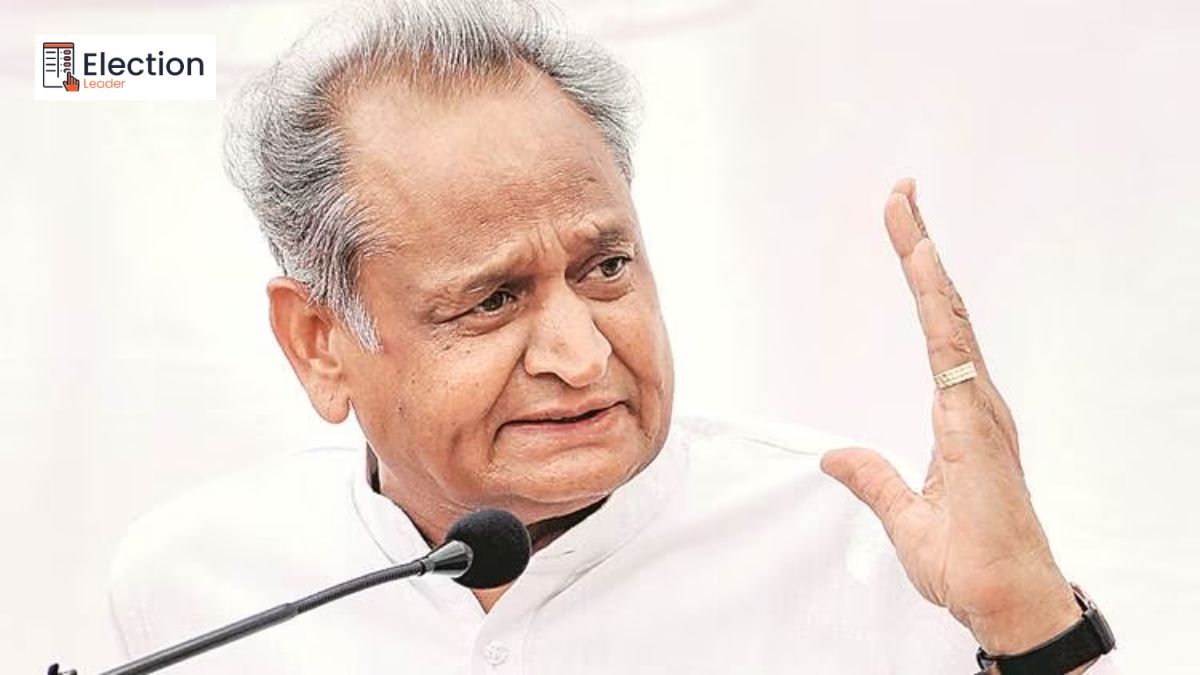
Ashok Gehlot comments shed light on the tone and tenor of the electoral discourse in Rajasthan. An aggressive political strategy often translates into heightened public debates intense campaigning, and a focus on projecting a party’s strengths while highlighting the perceived weaknesses of opponents. This, in turn, could shape voter perceptions and decisions.
Frustration and Determination
The Chief Minister’s comments suggest that the BJP is feeling frustrated, perhaps because they haven’t been able to successfully change the government in the past. However, it also shows how committed the BJP is to winning back and securing large victories in the next elections.
Potential Ramifications for Governance
The aggressive political climate in Rajasthan as suggested by Gehlot’s comments may have ramifications for governance. A highly contested election often diverts attention from administrative matters and the political landscape could become increasingly polarized potentially impacting the state’s overall development trajectory.
Strategic Calculations
Political strategies are often shaped by a combination of electoral calculations and broader ideological considerations. Ashok Gehlot observations invite us to consider the strategic calculus behind the BJP’s approach in Rajasthan. Examining the party’s messaging, candidate selection and campaign tactics will provide a comprehensive understanding of their game plan.
Public Response and Voter Sentiment
The public’s reaction to the BJP’s aggressive campaign will ultimately determine its success. A wide range of issues such as the state of the economy public opinions of the government, and the success of political campaigns can impact voter attitudes. Ashok Gehlot comments point to the importance of understanding how voters interpret and respond to the ongoing political dynamics.
Conclusion: Navigating the Political Landscape in Rajasthan
Ashok Gehlot’s remarks on the Bharatiya Janata Party aggressive posture in the upcoming Rajasthan elections offer a glimpse into the complex and dynamic nature of Indian politics. As the state gears up for a crucial electoral battle the interplay of strategies historical context and political calculations will shape the narrative. The outcomes will not only impact the political landscape in Rajasthan but could reverberate at the national level. As voters evaluate the competing visions put forth by political parties the election in Rajasthan becomes a microcosm of the larger democratic exercise illustrating the intricacies and challenges inherent in the Indian political system.
Why did Ashok Gehlot mention the BJP’s aggressive posture in the Rajasthan elections?
Gehlot highlighted the BJP’s aggressive approach, suggesting it reflects their frustration, particularly after their unsuccessful attempt to topple the existing government.
What is the significance of the term “poora dhawa bol rakha hai” used by Gehlot?
The term translates to a full-fledged attack, indicating the intensity of the BJP’s strategy as observed by Gehlot in the upcoming Rajasthan elections.
What parallel did Gehlot draw between the current situation and the 2018 Legislative Assembly elections?
Gehlot noted similarities in the BJP’s current strategy to the one they employed during the 2018 Legislative Assembly elections in Rajasthan, where the Congress secured victory.
How does Gehlot connect the BJP’s aggressive posture to their past attempt to topple the government?
According to Gehlot, the BJP’s aggressive style in the current elections stems from their frustration over being unable to topple the existing government in the past.
What could be the broader implications of the BJP’s aggressive strategy in Rajasthan?
The aggressive political climate in Rajasthan, as mentioned by Gehlot, may impact electoral discourse, voter sentiment, and potentially governance, with ramifications for the state’s development trajectory.

